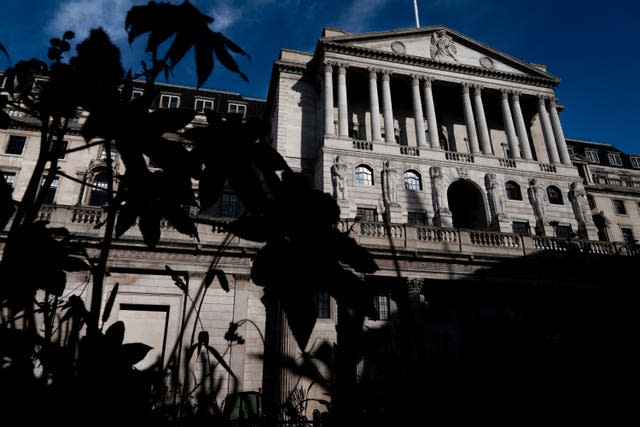Government plans to tweak how small bank failures dealt with after SVB collapse
The UK Government has revealed plans to change the way small banks are dealt with when they fail, following the collapse of Silicon Valley Bank and sale of the UK arm to HSBC last year.
The Treasury said it could be in the “public interest” to tweak the rules in order to instil more confidence in the stability of the UK financial system.
It could also reduce the risk of the taxpayer footing the bill for a failing bank.
The current resolution rules involve, in come cases, transferring a small bank to a willing buyer or into a temporary “bridge bank” when it collapses, instead of instantly placing it into insolvency.
A bridge bank refers to temporary support until a buyer can be found or it is wound down.
In the case of banks, building societies and some investment firms, the Bank of England manages this process.

Silicon Valley Bank UK was sold to HSBC in March following the collapse of its US owner.
The Treasury said this was a good decision because it ensured economic disruption was avoided, as customers could continue to access everyday banking services and their deposits remained safe.
But the situation exposed the challenges of managing the failure of a small bank without access to additional capital resources, meaning that taxpayers can be required to cover the costs.
The Treasury, therefore, said it plans to introduce “sensible and modest enhancements” to the existing resolution regime, to give the Bank of England more flexibility to manage bank failures.
The proposals would provide more options in terms of sources of funding for the Bank dealing with the resolution of a financial firm.
“This would in turn reinforce the UK’s robust regulatory regime and ensure there continues to be sufficient protections for financial stability, customers and public funds when banks fail,” it said.
The Bank of England said it welcomes the Treasury’s consultation paper and “supports measures to continue to enhance the UK bank resolution regime”.


